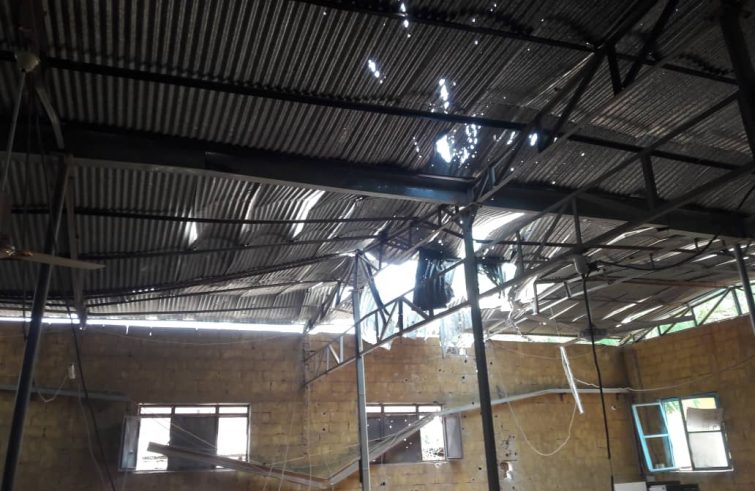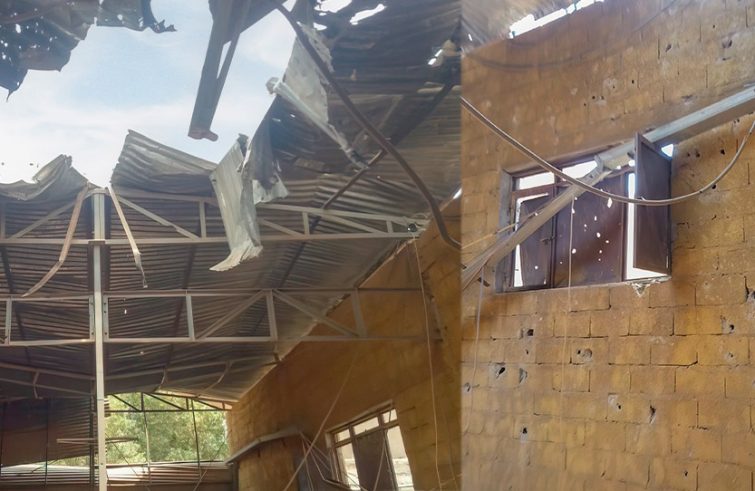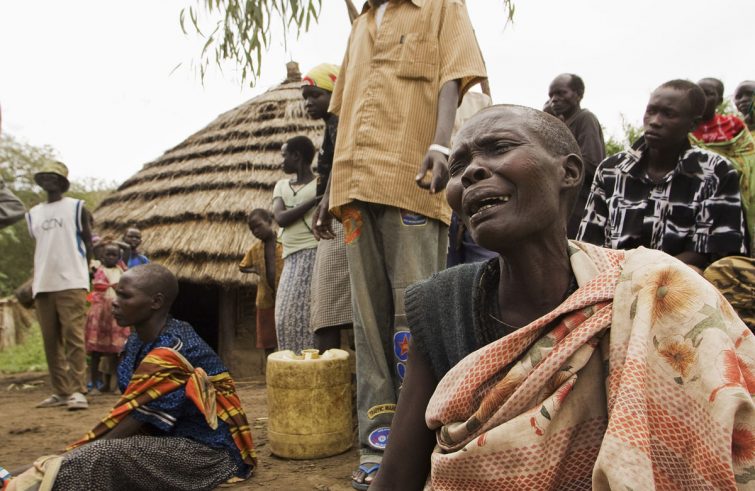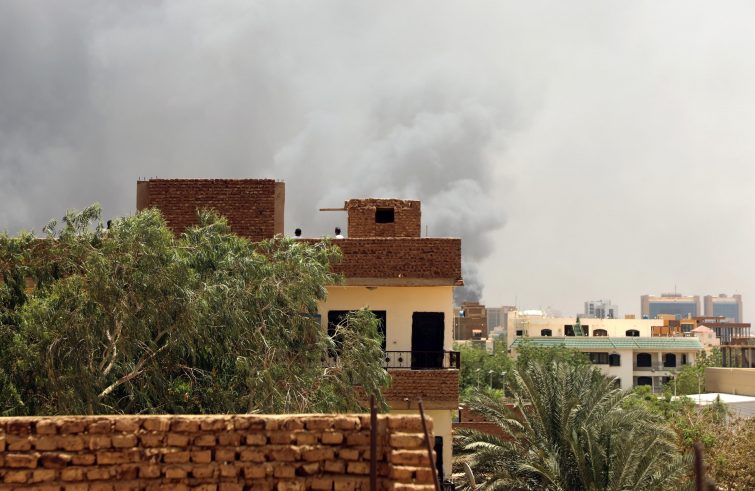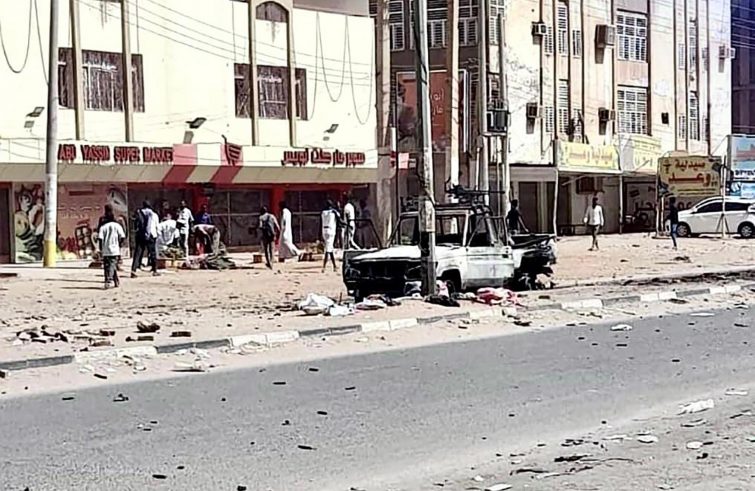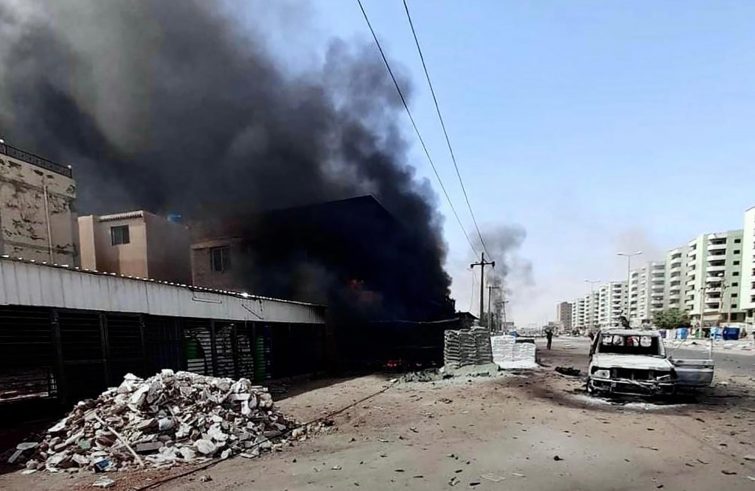
In today’s geopolitical landscape, overshadowed by multiple global conflicts, there is a stark distinction between those wars that make the headlines and those that are destined to be forgotten, relegated to ‘second class war’ status. Ukraine and the Middle East have dominated newspaper and television headlines for months, while the horrific violence that has torn Syria apart for 13 years and Sudan for exactly one year has been forgotten. The innocent victims, the devastation, the poverty remain, regardless of the theatre of war. For this reason, Caritas Italy wants to raise awareness of these forgotten conflicts. “The crisis in Sudan one year after the outbreak of the conflict” is the title of the webinar held on the morning of Tuesday 16 April, organised by the national pastoral agency for the promotion of charity, to reflect on “one of the world’s most serious humanitarian catastrophes”, said Fabrizio Cavalletti, director of the Africa office of Caritas Italy. He recalled that in twelve months of war, more than 8 million people have been internally displaced, 2 million have fled to neighbouring countries, many of them already torn apart by previous crises, with thousands of confirmed casualties. “Public opinion often struggles to understand certain realities and finds it difficult to pressurize governments, including European ones, from the grassroots level.” Federico Mazzarella, of Caritas Italy, added: “What is needed is attentiveness and sensitivity, including political and diplomatic efforts, which currently fall far short of the situation on the ground.” Bruna Sironi, journalist for ‘Nigrizia’ and expert on Sudan and the Horn of Africa, described the conflict that divided Sudan into three areas controlled by different actors: the Sudanese Armed Forces, which control a large part of the Nile, the Red Sea coastline with Port Sudan and some south-eastern states; the Rapid Intervention Forces, which rule some south-western states and a large part of Darfur; and the rebel forces, scattered in different parts of the country, bound by local interests and often with transnational ethnic identities. “Khartoum has become a ghost town,” he said. “It is almost entirely controlled by the Rapid Intervention Forces. Darfur is also almost entirely under the thumb of the Rapid Intervention Forces, who have unleashed unprecedented violence, such as in El Genina, where a veritable genocide is taking place against the Masalit ethnic group.” Speaking from Nairobi, Sironi highlighted the war’s devastating impact on the country’s infrastructure, which has been “destroyed, with 80% of health facilities gone out of action, medicines running out and schools closed for a year.” Fears of a “generational catastrophe” are heightened by these dramatic conditions and the lack of prospects for the future.
- Bomba sulla scuola dei salesiani (Foto Missioni Don Bosco)
- Bomba sul laboratorio salesiano (Foto Missioni Don Bosco)
- (Foto Missioni Don Bosco)
Needless to say, the GDP also fell sharply last year. Sister Elena Balatti, Director of Caritas Malakal (South Sudan), commented on the state of the economy and its impact on the population. This geographical area is in fact “90 per cent dependent on oil”. For historical reasons, the oil pipeline from South Sudan runs through Sudan, and crude oil is exported from the port. Engineers have not been able to carry out regular maintenance for almost a year, so “oil has stopped flowing for almost two weeks, oil company workers have been laid off, the local currency is rising sharply against the US dollar.
- Sudan (Foto Amnesty International Italia)
- Immagini di guerra dalla capitale sudanese Khartoum (Foto Ansa/SIR)
- (Foto ANSA/SIR)
The situation is serious, the people arriving, many of whom have lost everything, are confronted with a very difficult economic situation and a population in dire straits”. In this devastating scenario, a ray of hope comes from women’s strength, especially from the refugees from Métché who are leading a community garden project. Father Fabio Mussi, PIME missionary and treasurer of the Apostolic Vicariate of Mongo (Chad), described it as follows. “We had noticed unusual activity in the area surrounding the refugee camp,” he said. “We followed the women and discovered that they were growing vegetables in the open countryside near the camp. It was a quarter of an acre with all sorts of crops”. This spontaneous initiative was “providential” for the missionary, since the World Food Programme “cannot provide daily food for all these people.”

